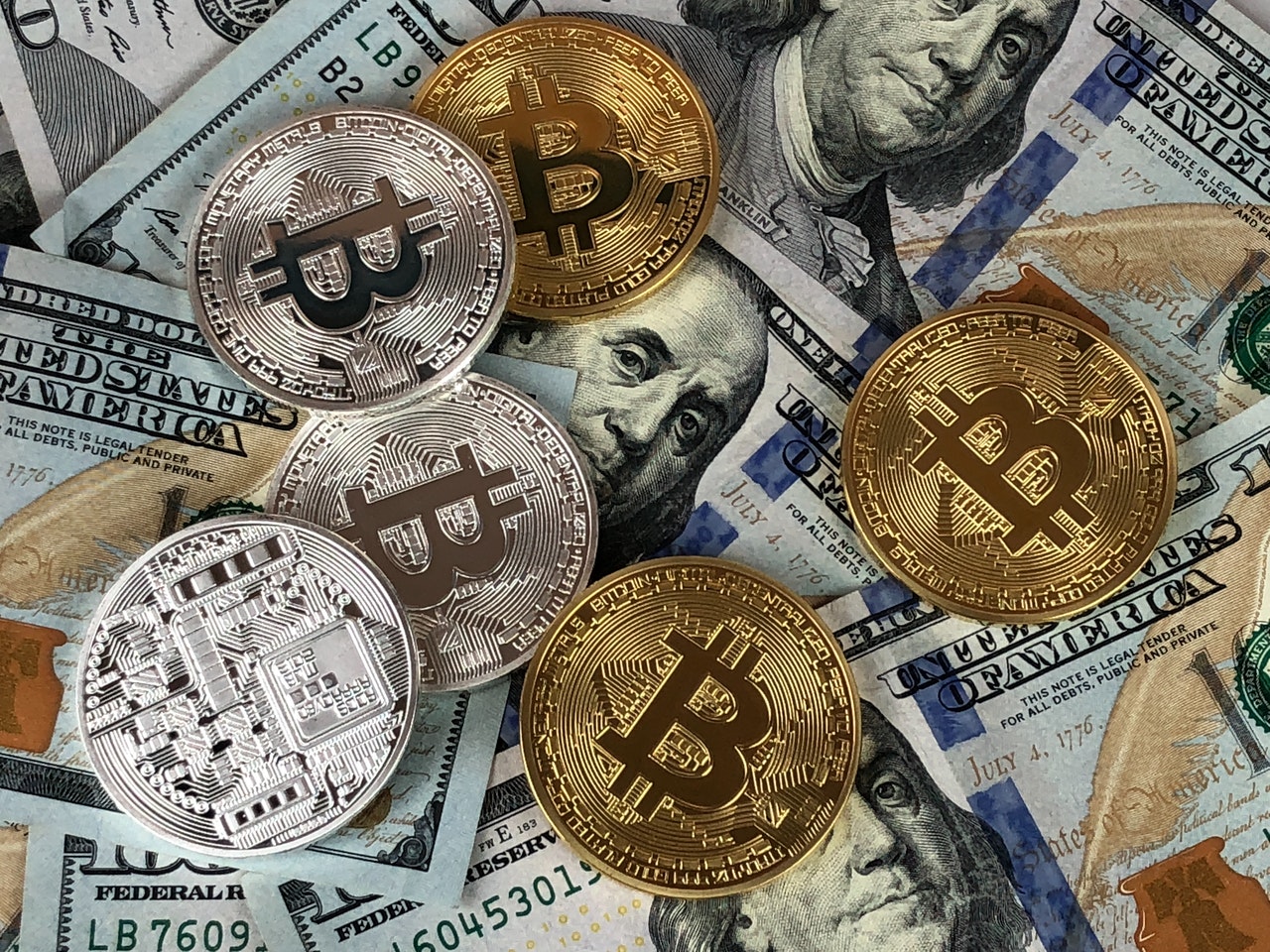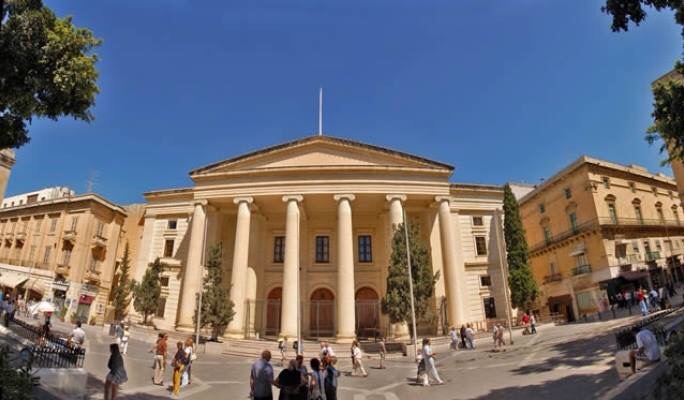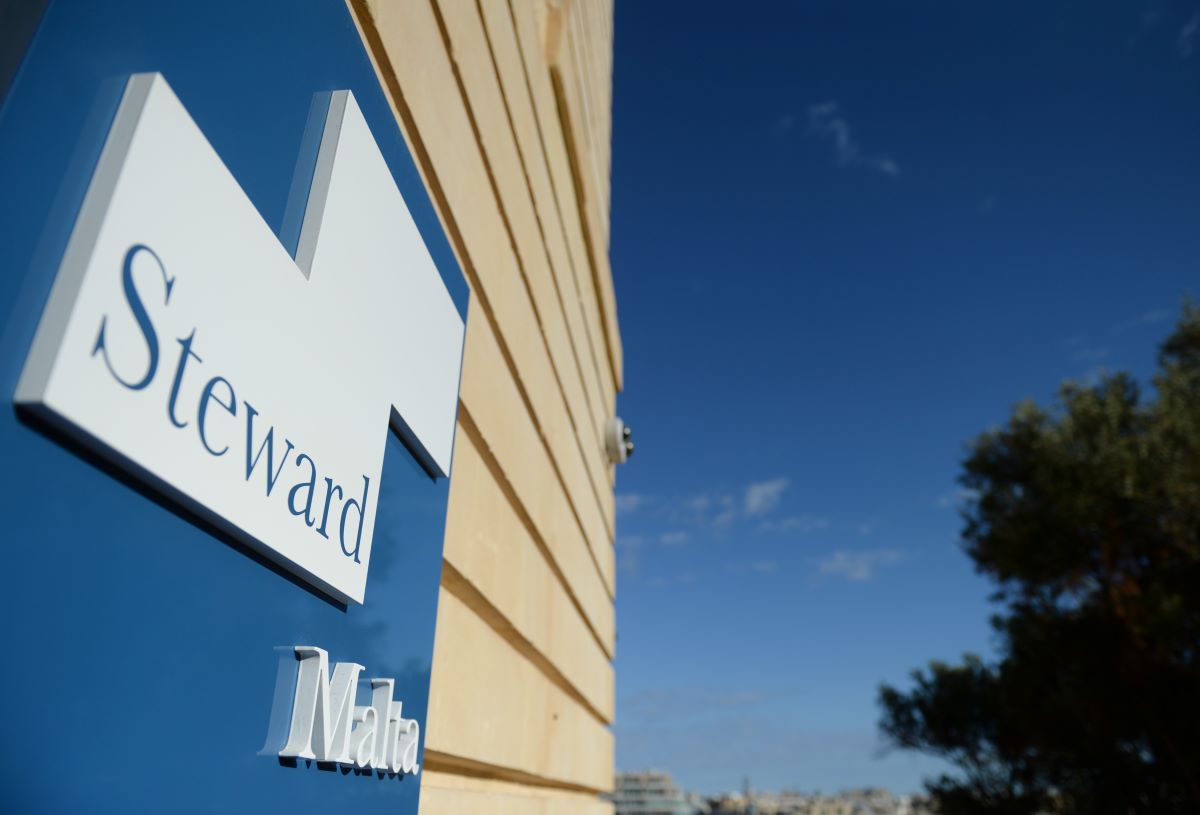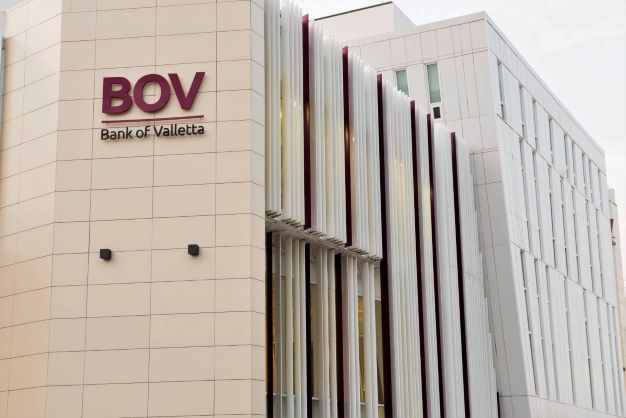The world of investing used to be seen as the realm of high-flying, fast-paced men in expensive suits. In other words, Wolf Of Wall Street types.
But a recent proliferation of apps like Binance, KuCoin and even Revolut, which make investing as simple as pressing a button, has resulted in a growing global community of young, self-directed investors, and Malta is no exception.
Some prefer stocks, while others are into cryptocurrencies. Some prefer to play the long game, while others like to gamble a little more and get a thrill from short-term gains.
But there’s one thing that unites local investors: an aversion to Maltese stocks.
Businessnow.mt reached out to several young investors to ask how they parcel out their investments and the reasoning that guides these decisions. Without fail, each one said they avoided Maltese companies’ shares.
Edward Cachia, the founder of consultancy firm Machia and member of the Young Chamber Network, said he has been investing for over eight years, but in that time he has never put any money into local stocks.
“Simply put, there’s a lack of potential to make a profit,” he said, while also citing a lack of liquidity – the ability to buy and sell stocks rapidly without substantially impacting the stock price, and a lack of volume.
“I’m just not excited by the environment for businesses here. I feel America and Germany are the best places for businesses and I make sure my investments are there,” another investor said.
“I used to invest locally, but there’s no growth and no volume, so I pulled out. I believe most others are doing the same, mainly due to the more enticing risk-reward in crypto,” said self-directed investor Marco Attard.
Using a real-world market as an analogy, Mr Attard said:
“A vendor would prefer to go to Marsaxlokk market on a Sunday, where there’s more volume, rather than one with fewer participants.”
Mr Attard added that if the price action of the stock price is doing poorly whilst local companies are increasing revenues and making profits, he expected more dividends.
“Not all of them give dividends, though,” he said.
Another factor mentioned by some investors is the “exorbitant” fees charged by the Malta Stock Exchange (MSE), as well as brokerage fees charged by banks.
“Local platforms charge €5 per trade. This is outdated and needs to go. It might not seem like a big deal if you make one trade every now and then, but if you trade a lot, fees are a factor of paramount importance.”
As for what would have to change for the local market to become more alluring, Mr Cachia said:
“Firstly, local companies should start comparing themselves to foreign substitutes, even if their market exposure is completely 100 per cent exposed to Malta, through the use of financial ratios.
“Secondly, the MSE should provide incentives, through the means of cheaper costs and tax incentives, for foreign firms to do their IPO within the MSE, which would help local companies to be more attractive compared to foreign ones.”
That being said, Mr Cachia had a word of advice for fellow young people looking to invest after witnessing the furore around cryptocurrencies.
“You shouldn’t come into it thinking you can make a quick buck – you need to manage your expectations.”
Employer bodies call urgent MCESD meeting over ‘serious concerns’ about PM statements on judiciary
Prime Minister Robert Abela has repeatedly questioned the timing of the publication of the Vitals inquiry
Political earthquake in Malta: A rundown of politicians, civil servants and businesses facing charges
Joseph Muscat is the first former PM in Malta’s history to be facing criminal charges
BOV’s points to ‘strong governance structure’ as questions resurface about €36 million loan to Steward
The bank also declined to comment on the €400,000 golden handshake given to its former chief risk officer






